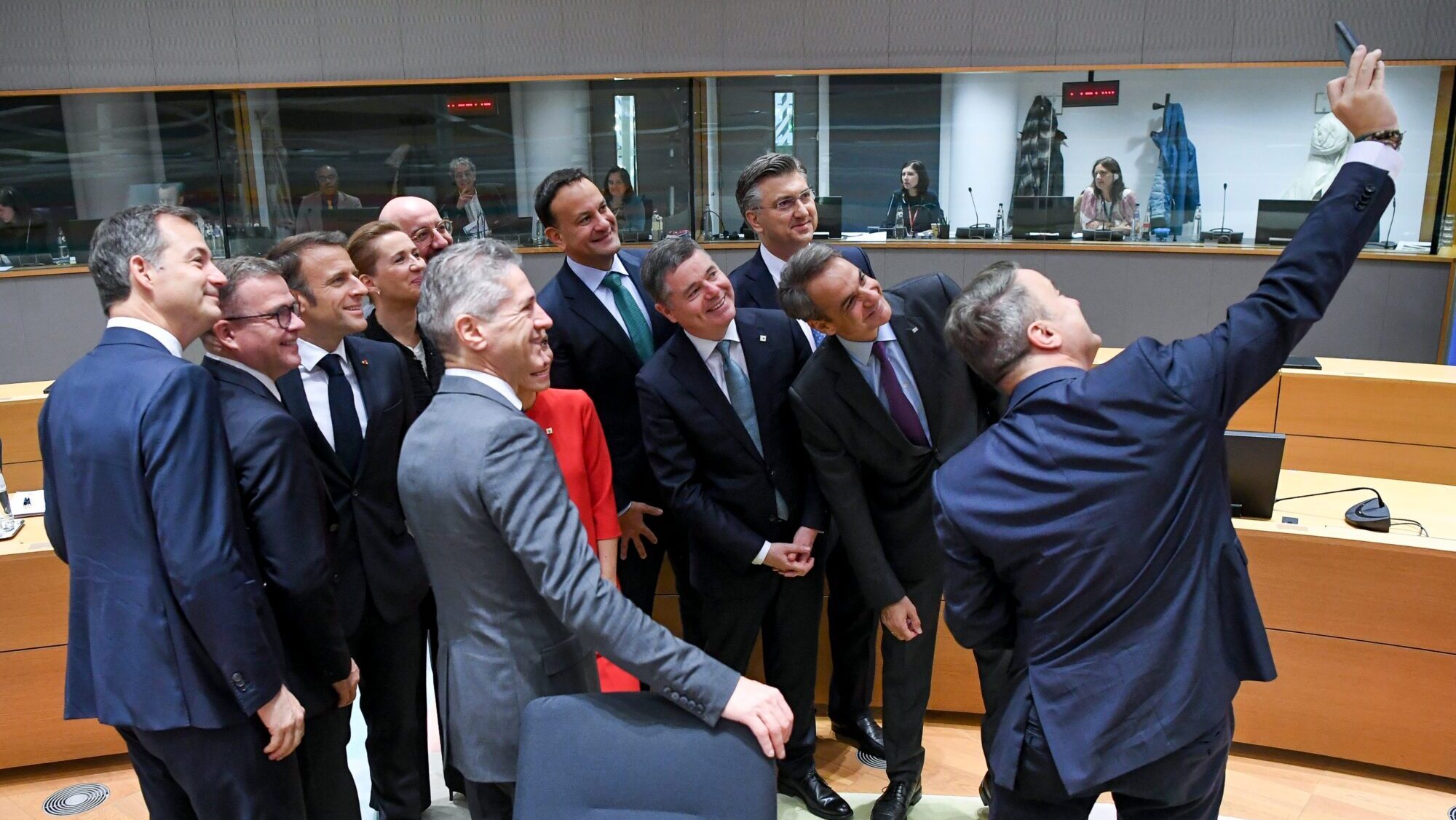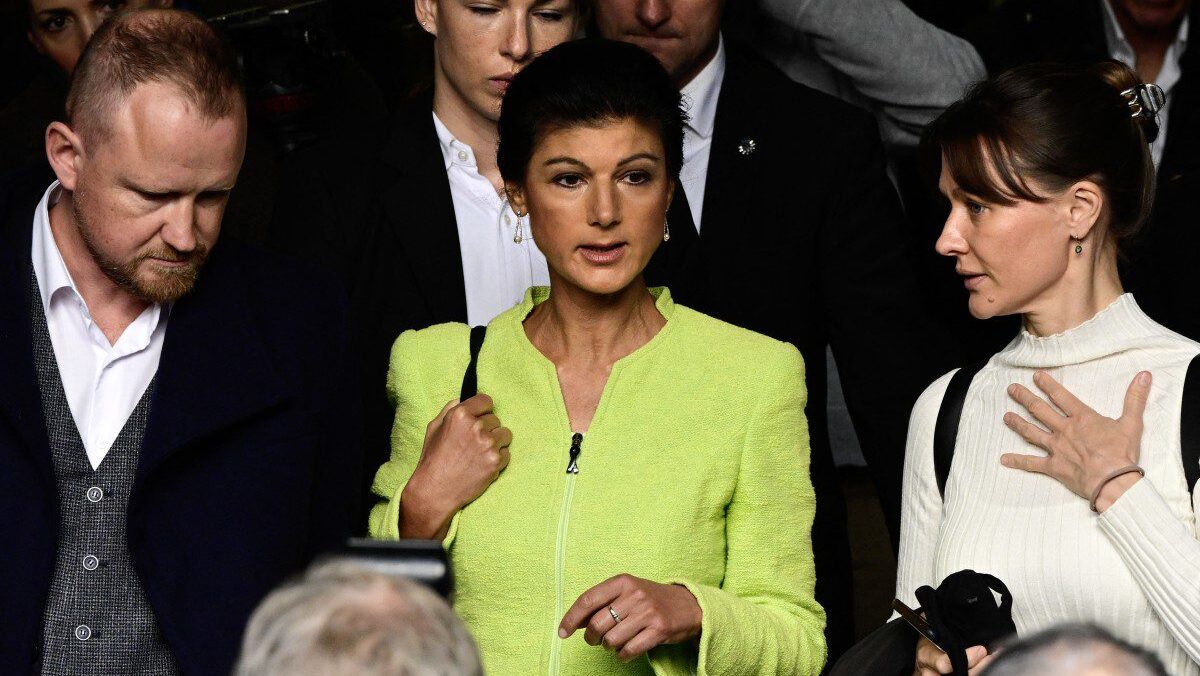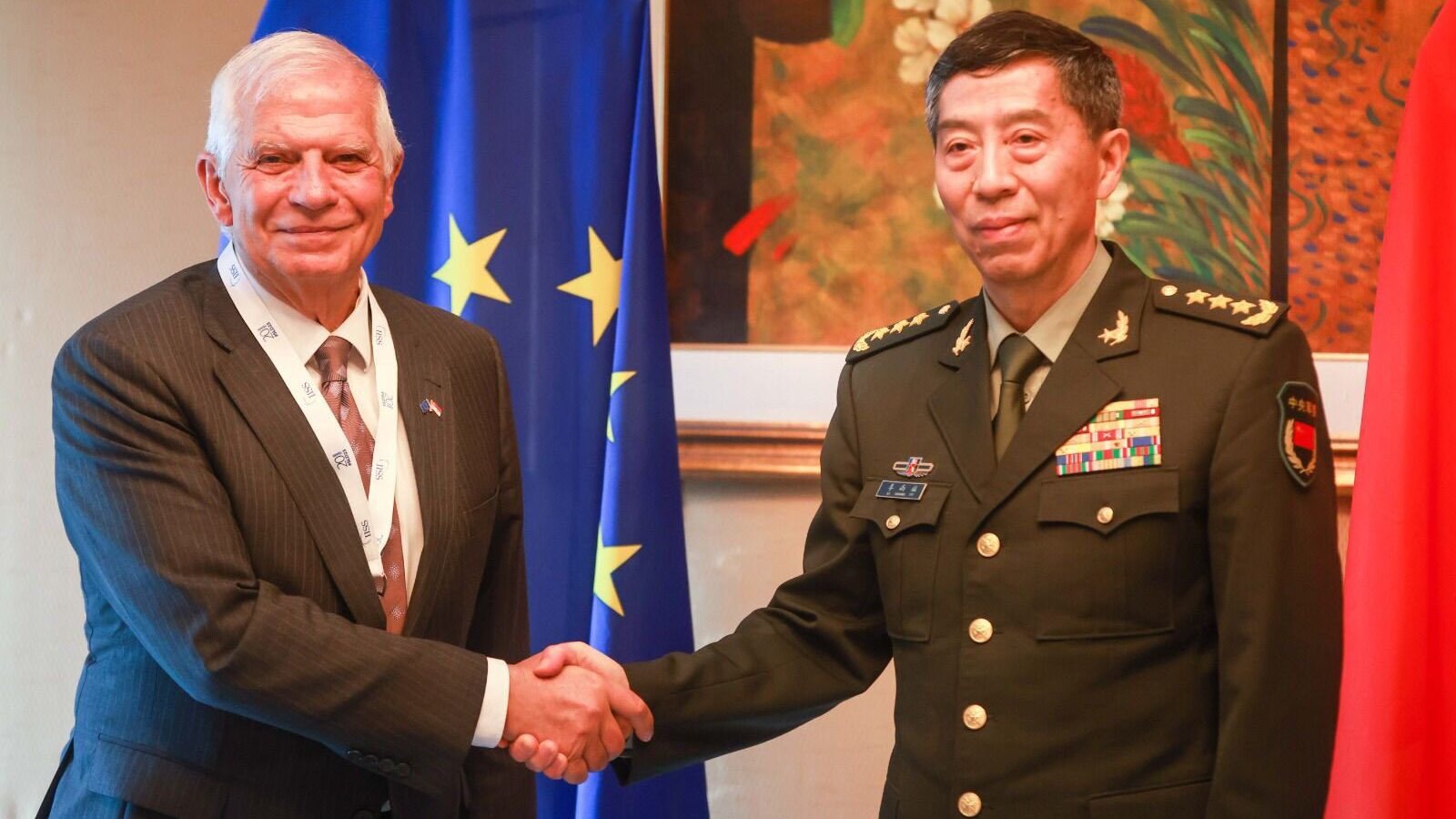
Germany’s New Strategy Pushes ‘Feminist Foreign Policy’ in Asia
Foreign Minister Baerbock’s plan fails to explain how prioritizing “gender-transformative projects” would counter Chinese influence in the region.

Foreign Minister Baerbock’s plan fails to explain how prioritizing “gender-transformative projects” would counter Chinese influence in the region.

An isolationist stance would mean a diminished United States and a more dominant China.

The European Council continues to struggle over a unified foreign policy.

Wagenknecht said, “We decided to found a new party … otherwise we probably won’t recognize our country in ten years.”

The communist dictatorship in Cuba has denied its people the most basic civil liberties and rights for over six decades.

The diplomatic slap in the face is a blow to Europe’s hopes of carving a foreign policy path away from a more hawkish United States as relations increasingly sour with Beijing.

While Germany’s first-ever national security strategy remains cautious on the China question, it is considerably less so on the Russian one, naming Moscow the “most significant threat to peace and security in the Euro-Atlantic area.”

It was always hard to pursue national interests with respect to common EU foreign policy. Some countries would like to make it impossible.

Relations between China and Italy soured almost as soon as the ink dried on the original 2019 agreement, with officials saying Italy’s exit from the initiative was essential for maintaining good relations with America.

Replacing unanimity with qualified majority voting would only benefit Western Europe, leaving smaller member states without the ability to protest the potential rise of a centralized EU super army.